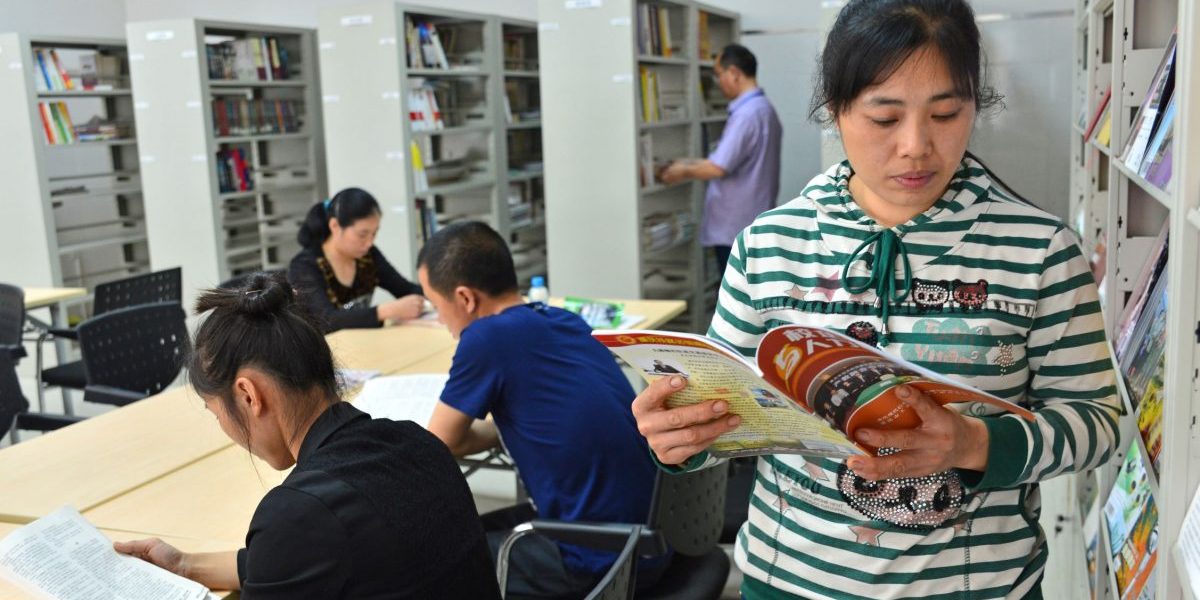Examining the motivation and implementation of AVIC International’s programs reveals two striking characteristics. First, they are true investments, driven by clear profit motivations as well as a desire to create social value. Second, AVIC’s relationship with the Kenyan government follows a flexible approach centered on social learning and cooperationso
called ‘bootstrapping development.’ This approach was enthusiastically praised by Kenyan government partners, who appreciated the company’s flexibility compared to Western approaches. Although it is difficult to generalize from one example, AVIC’s case has the potential to change our understanding of Chinese companies’ contribution to skills development in Africa. At the very least, it shows that a Chinese company can see investment in local skills development to be in its self-interest. Beyond this, AVIC may be a bellwether for what is ahead. Chinese and African governments have expressed the desire for Chinese companies to do more in the area of skills transfer, and AVIC’s program, as one of the earliest and one of the most prominent, may well offer a model for the future.








